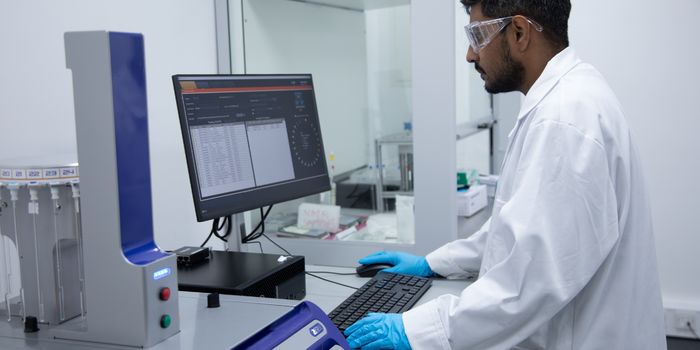More Younger Adults Diagnosed with Advanced Colorectal Cancer
According to the American Cancer Society, cases early-onset colorectal cancer have been on the rise for the past 30 to 50 years. In 2018, the recommended age to start screening for this type of cancer dropped from 50 to 45 years old. A new study analyzing data from the NIH's Surveillance, Epidemiology, and End Results (SEER) cancer registry revealed young adults, especially non-Hispanic blacks and Hispanics, make up a higher percentage of advanced-stage colorectal cancer diagnoses.
Researchers in this study compared cancer data from close to 104,000 colorectal cancer patients from 2000 to 2016. Between 2000 to 2002 and 2014 to 2016, the number of colon-only metastasized cancer cases increased the most in 30 to 39 year olds by 49%. Rectal-only metastasized cancer cases increased by 133% in 20 to 29 year olds, 97% in 30 to 39 year olds and 48% in 40 to 49 year olds.
Not only did they increase in number, but the proportion of younger people with advanced-stage colorectal cancer also increased between these two time periods. The largest increases in rectal-only metastasized diagnoses were in 20 to 29 year olds from 18% to 31% and in 30 to 39 year olds from 20% to 29%.
As Dr. Karlitz of Denver Health Medical Center in Colorado commented, "There are often long delays between symptom onset and cancer diagnosis in young patients, which can increase the chance of younger patients presenting with distant-stage disease. However further studies are required to better understand why the proportion of distant-stage disease has been actually increasing over time."
Symptoms of colorectal cancer, when present, can include chronic changes to bowel habits or stool characteristics, blood in stool, abdominal pain, unintentional weight loss, fatigue and tenesmus, a sensation of incomplete emptying of the bowels even after having a bowel movement.
Multiple factors are thought to contribute to increasing rates of colorectal cancer among young people. In 10% to 20% of cases, genetic conditions are responsible. That means environmental factors are likely behind the remaining cases. These include the more obvious lifestyle factors of obesity, increased sedentary behavior, a poor diet, but increased exposure to chemicals through water and air pollution as well as pesticide use are thought to likely play a role.








